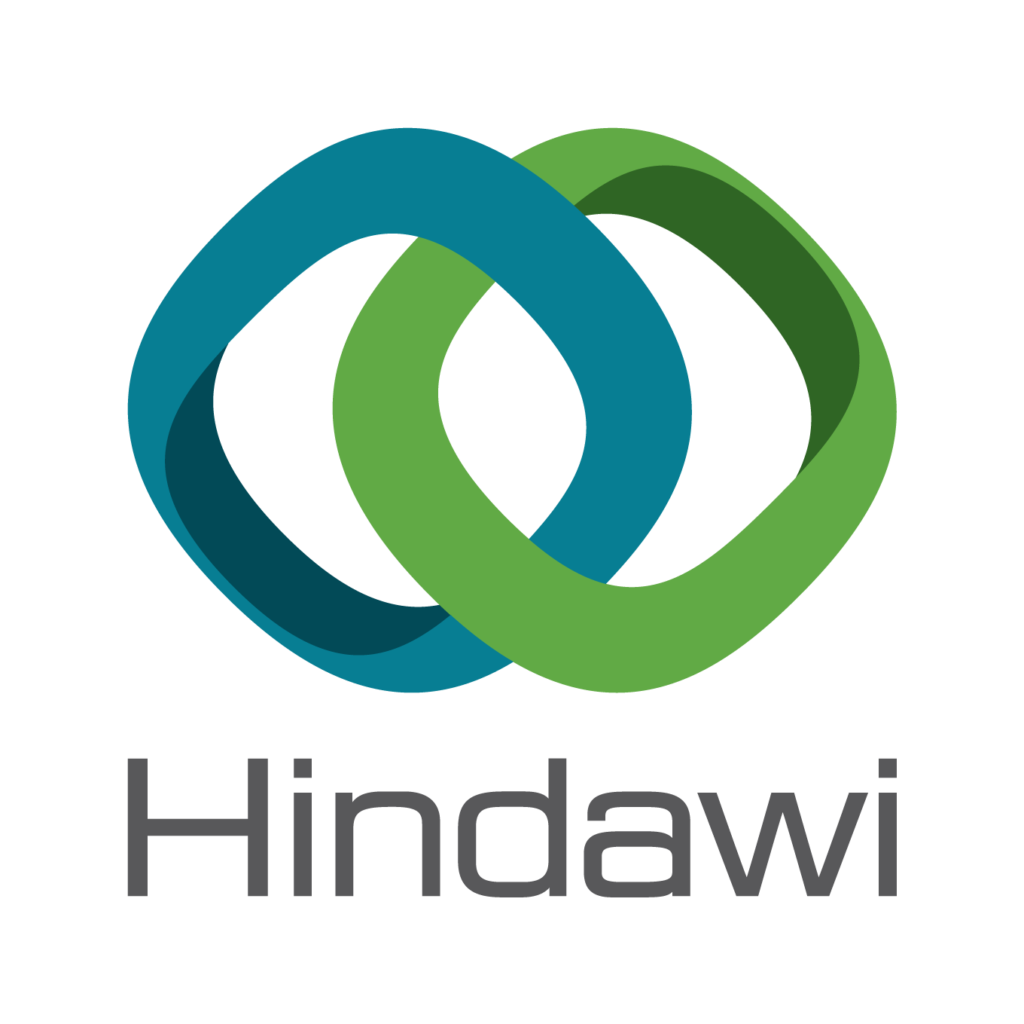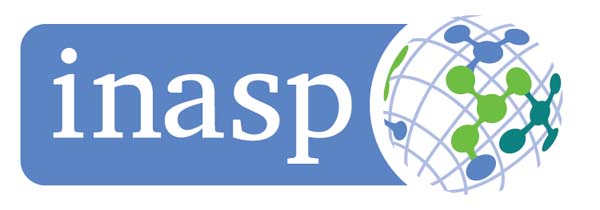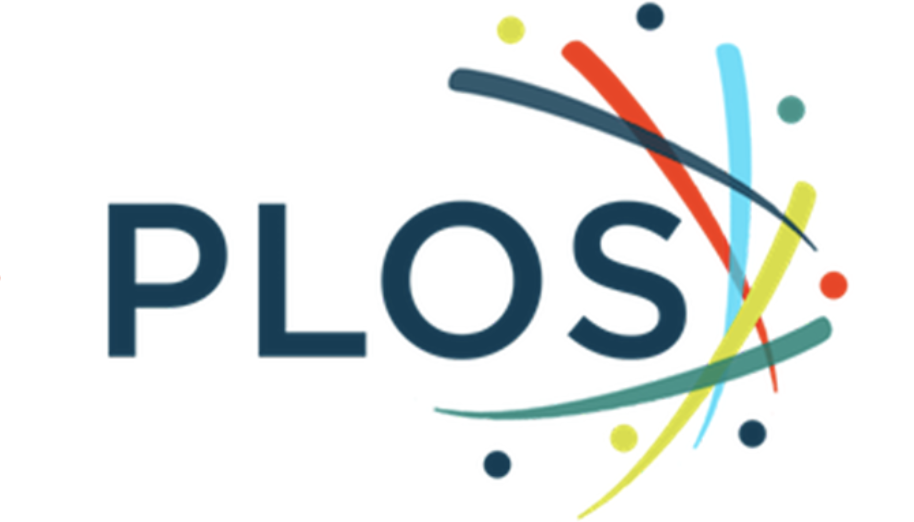Resources from related organizations and publishers
Our partners provide a number of free resources for librarians and researchers. Browse the list below to find information about additional websites, toolkits and learning programs you can use.

Sponsored by INASP, AuthorAID is a free global health network that supports researchers in low- and middle-income countries with publishing and communicating their work. The site includes toolkits, online courses, videos, a mentorship programme, manuscript checker and discussion forum.

The BMJ’s Resources for authors includes topics such as: editorial processes and publishing, article type and preparation, submitting your article, forms, policies and ethics and guidance for new authors. The resources are geared toward submission to one publisher’s journals.

CABI’s Author Education Resources have been curated by a team of publishing experts to provide a free to access set of educational tools, services, and resources to support researchers in agriculture and bioscience to better understand and navigate the evolving landscape of scientific publishing.

Cambridge Core is the home for Cambridge University Press’s academic content. Their librarian resource centre offers information about titles, special collections and support material – and you can find resources for authors in the author resource centre. They also offer training guides in a variety of languages.

Editage Insights provides a multilingual platform to learn about all aspects of scholarly publishing and receive expert advice. The site contains sections on conducting research, manuscript writing and submitting, and a community, including a training academy. Registration is required but free.

To assist authors on the publishing journey, Emerald Publishing have created some useful author how-to guides. Whether you’re a first-time author or a seasoned professional, the expert guides offer help on planning, structuring and revising your work and contain invaluable tips.

Elsevier’s Researcher Academy is a free e-learning platform for early- and mid-career researchers. There are sections on research preparation, writing for research, the publication process, peer review and communicating research. You can also check this free guide for authors, to make your tasks easier.
The Equator Network’s toolkits aim to enhance the quality and transparency of health research. The site includes toolkits on writing papers, peer-review and teaching research skills. Make sure to check the database on health research reporting guidelines and the ‘Library’ section.

Hindawi’s Comprehensive Guide to Science Communication includes practical tips and examples of how to best convey science in an engaging way, dos and don’ts when communicating research to the general public, insightful interviews with people involved in public engagement and science communication campaigns, and much more.

INASP’s online learning program offers short self-study tutorials, facilitated online and blended learning experiences and massive open online courses (MOOCs). Courses are clustered for researchers, librarians, journal editors and higher education teachers and students.
IS Publishing offers a practical guide with best practices on effective literature searches for students, researchers and librarians. These tips will also help you with searching on Research4Life.
The Peer Review Excellence program is tailored for the physical sciences with the opportunity to gain hands-on experience. Researchers can attend a training webinar, hosted by top-level physicists from across the globe, or take an online course at their own pace. The program is completely free for all users and is a first step towards becoming an IOP Trusted Reviewer.
ITOCA runs a series of Continuing Education and Professional Development courses. The courses cover knowledge management, reference management, scientific writing, grant proposal writing, research evaluation and systematic reviews. Questions? Contact [email protected].
Oxford University Press offers a Library Resource Center. The Navigating Research section discusses how academics can understand, discover, and use reference resources. Other sections focus on how to use OUP resources that are available via Research4Life.

PLOS focuses on providing the tools researchers need to review, write, share and advance Open Science. Visit the Writing Center and the Peer Review Center, and discover guides, tutorials, blogs, online discussions, resources on how to open up research outputs, and more.

Springer Nature offers free tutorials on English writing, writing a manuscript, and submitting and publishing it, as well as training resources specifically for editors. Additionally, Nature Masterclasses provides a free four-module masterclass on peer review for reviewers, and Group A users can access the wide range of skills development courses for researchers for free following registration.

Taylor & Francis Author Services has a wealth of popular resources to support you at every step of your publishing journey. Download free eBooks on key topics including writing your journal article and peer review. Plus explore How Researchers Changed the World, a podcast series and learning program to help your own research make an impact.

Instructions to Authors in the Health Sciences links to author instructions for over 6,000 journals in the health and life sciences. All links go to the relevant publishers and organizations. Access is via alphabetical listing, subject or journal title.

Wiley’s author services contains sections for reviewers, editors, and authors – from finding the right journal, to preparing your manuscript, to promoting your article. The side also includes a section about open access, and has a section regarding ethics guidelines.
More resources
For more resources, have a look at Research4Life’s Web Bibliography in the Author Skills section of our Training portal. The bibliography contains more than 75 annotated links that are organized into topical sections: Multiple Topic Sites, Footnotes & Bibliographies, Intellectual Property: Copyright & Plagiarism, Publishing/Editing/Ethical Issues/Peer Review, Reading Scientific Papers, Research Resources, Submission of Research Papers and Writing Skills.










